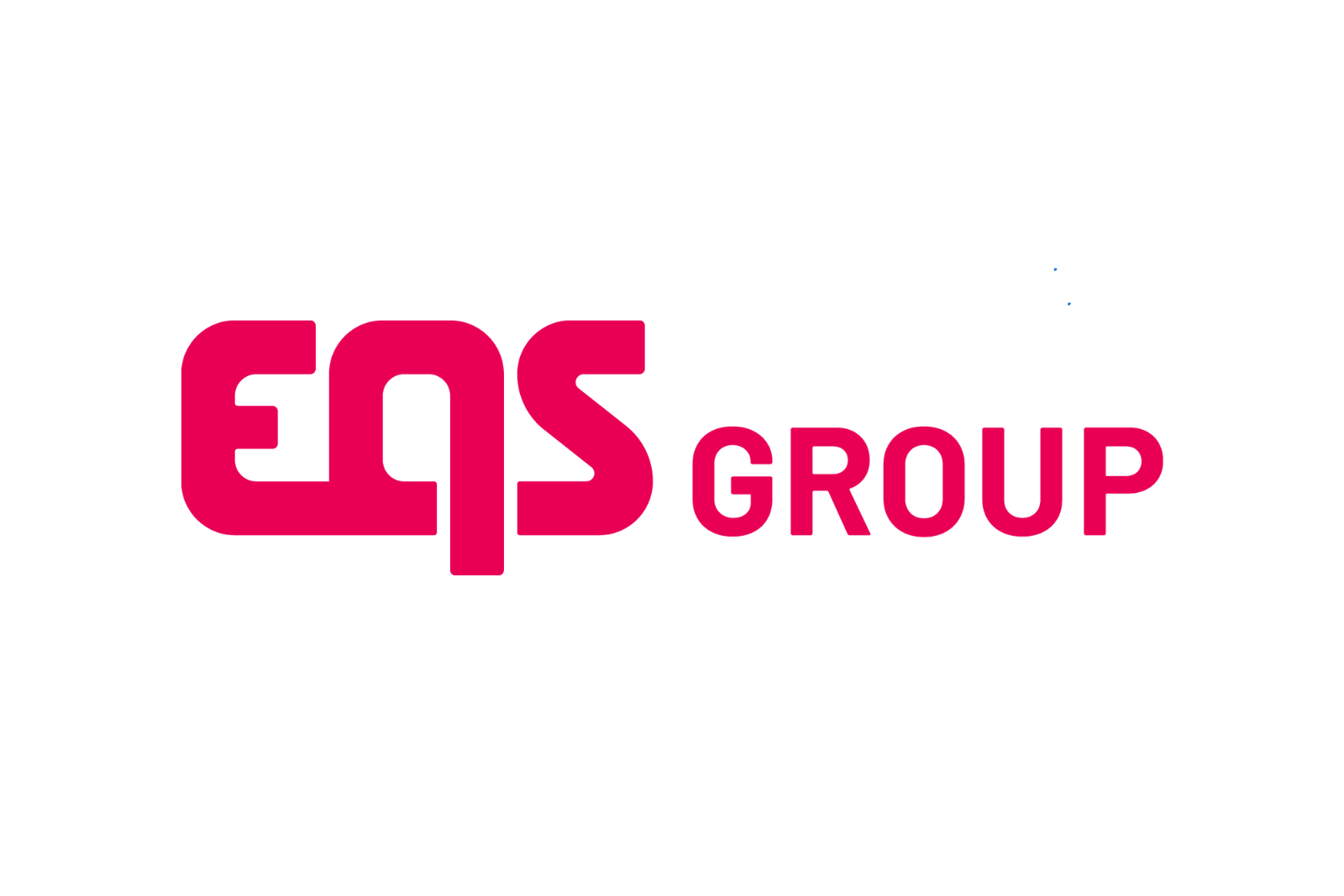Sure! Here’s the text translated into American English:
—
In 2024, a concerning 39% of companies were affected by cases of illegal or unethical conduct in their operations, while 34% reported irregularities in their supply chains. These statistics come from the Whistleblowing Report 2025, prepared by EQS Group in collaboration with the University of Applied Sciences of the Grisons. The study surveyed 2,200 companies across various countries, including Germany, France, the United Kingdom, Italy, Switzerland, Spain, and the United States, highlighting the importance of internal reporting systems to detect and mitigate financial damages.
Professor Dr. Christian Hauser, the project leader, emphasized that reporting channels are essential for uncovering misconduct within organizations and their supply chains. According to the report, companies with established reporting systems tend to be more effective in limiting negative financial impacts, underscoring the preventive role of these tools.
For the first time, the report distinguishes between internal reporting channels for employees and external mechanisms for third parties, such as customers or suppliers. Sixty-three percent of companies have implemented an internal channel, and 64% have an external mechanism. Achim Weick, CEO of EQS Group, indicated that there is a clear trend towards adopting these systems, not only for regulatory compliance but also to promote a culture of transparency and trust.
The surveyed companies offer an average of four internal reporting channels, with the most used being email (70%), in-person meetings (66%), and phone lines (58%). Although digital systems are gaining ground, they still only account for 48% of the available channels. As for external mechanisms, an average of three channels is proposed, with traditional methods predominating.
The financial impact of irregularities is concerning: 16% of companies reported losses of at least 100,000 euros. However, 49% were able to identify more than two-thirds of those losses thanks to their reporting systems. Weick pointed out that these tools are not only useful for minimizing economic damage but are also essential for early risk detection.
A noteworthy aspect is the interest in anonymity in reporting. Sixty-two percent of internal channels allow for anonymity, compared to 42% of external channels. Interestingly, only 10% of reports were deemed abusive, suggesting that anonymity does not necessarily increase fraudulent reporting. Additionally, nearly half of companies are already using artificial intelligence to monitor and explore misconduct, with more pronounced use in the United States and the United Kingdom.
The full report is available for download on the EQS Group website.
—
Let me know if you need any further assistance!
Source: MiMub in Spanish











